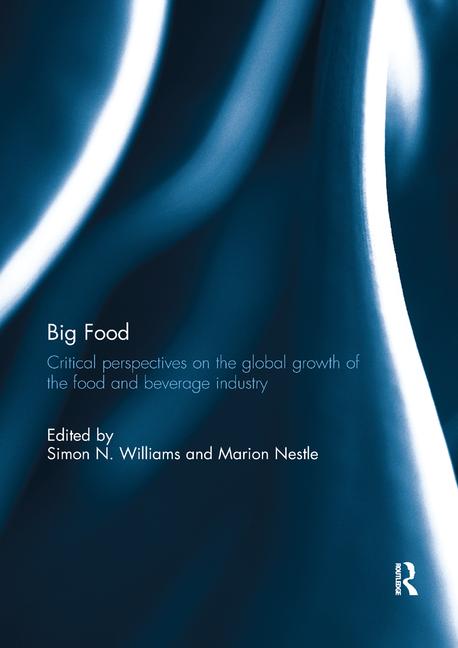Article Contends No Obesity, HFCS Link

The commentary concludes that after an extensive review of all available HFCS research, there is overwhelming evidence showing HFCS is nutritionally equivalent to sugar. This opinion is in-line with the American Medical Association and the Academy of Nutrition and Dietetics, both of which concluded that HFCS is not a unique cause of obesity.
The authors state that while there has been a large amount of debate in the media about the impact of HFCS on obesity levels, the fact is "Sucrose (sugar) and HFCS are very similar in composition....and are absorbed identically in the human GI tract."
"The public discussion about HFCS will likely continue to rage on and more studies will be conducted," said James M. Rippe, M.D., Founder and Director of the Rippe Lifestyle Institute, and Professor of Biomedical Sciences at the University of Central Florida, one of the article's authors. "However, at this point there is simply no evidence to suggest that the use of HFCS alone is directly responsible for increased obesity rates or other health concerns."
The article goes on to discuss a number of research trials that have been conducted on the issue of HFCS and obesity, and concludes that at this time the evidence shows no short-term health differences between the use of HFCS or sugar could be detected in humans. Weight gain, glucose levels, insulin and appetite were not adversely affected by the use of HFCS over sugar.
The commentary was co-authored with Dr. Rippe by David M. Klurfeld, Ph.D. of the USDA Agricultural Research Service, John Foreyt, Ph.D. of Baylor College of Medicine, and Theodore J. Angelopoulos, Ph.D., MPH Professor and Director, Laboratory of Applied Physiology Department of Health Professions at University of Central Florida.
Looking for a reprint of this article?
From high-res PDFs to custom plaques, order your copy today!








